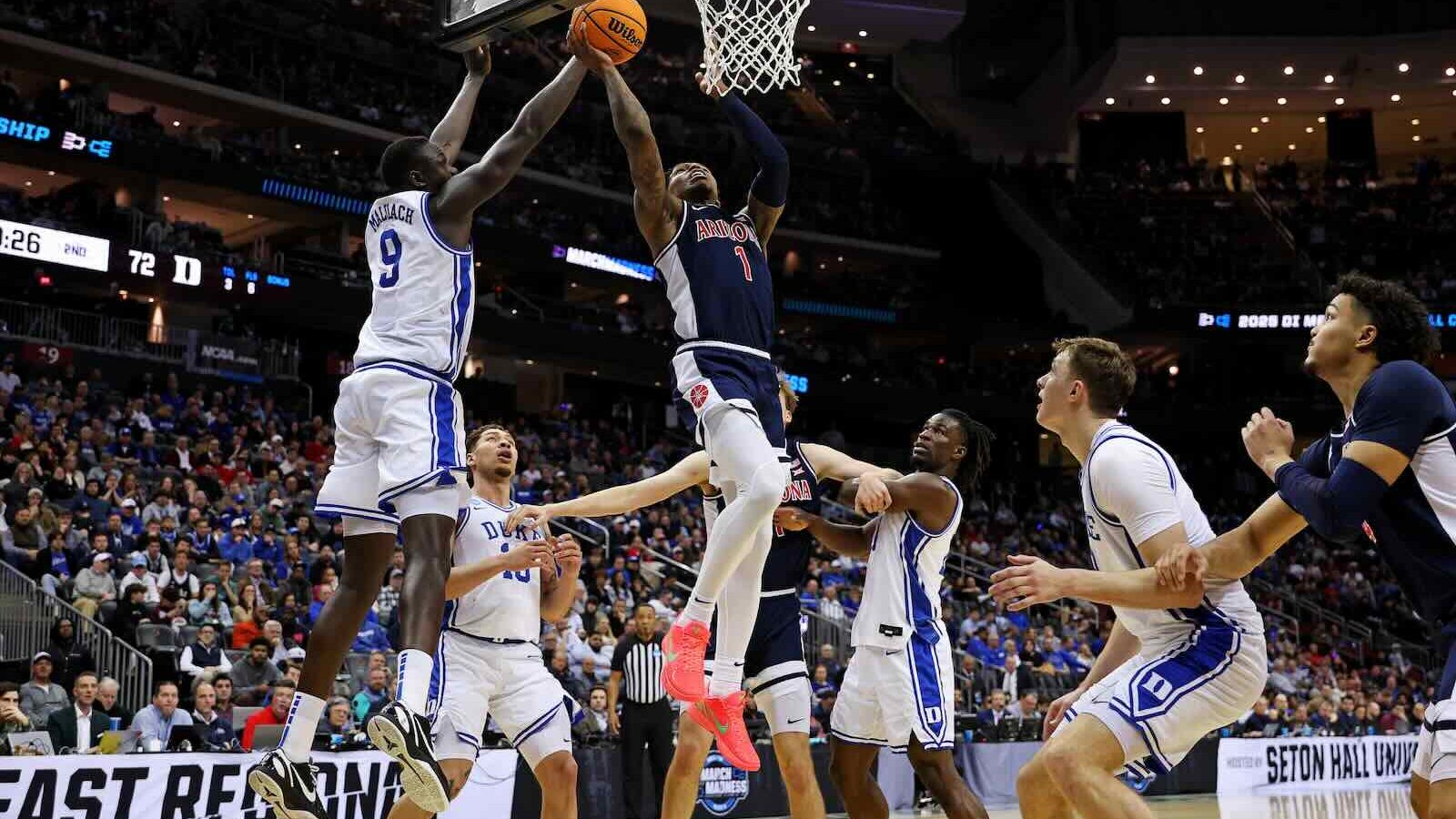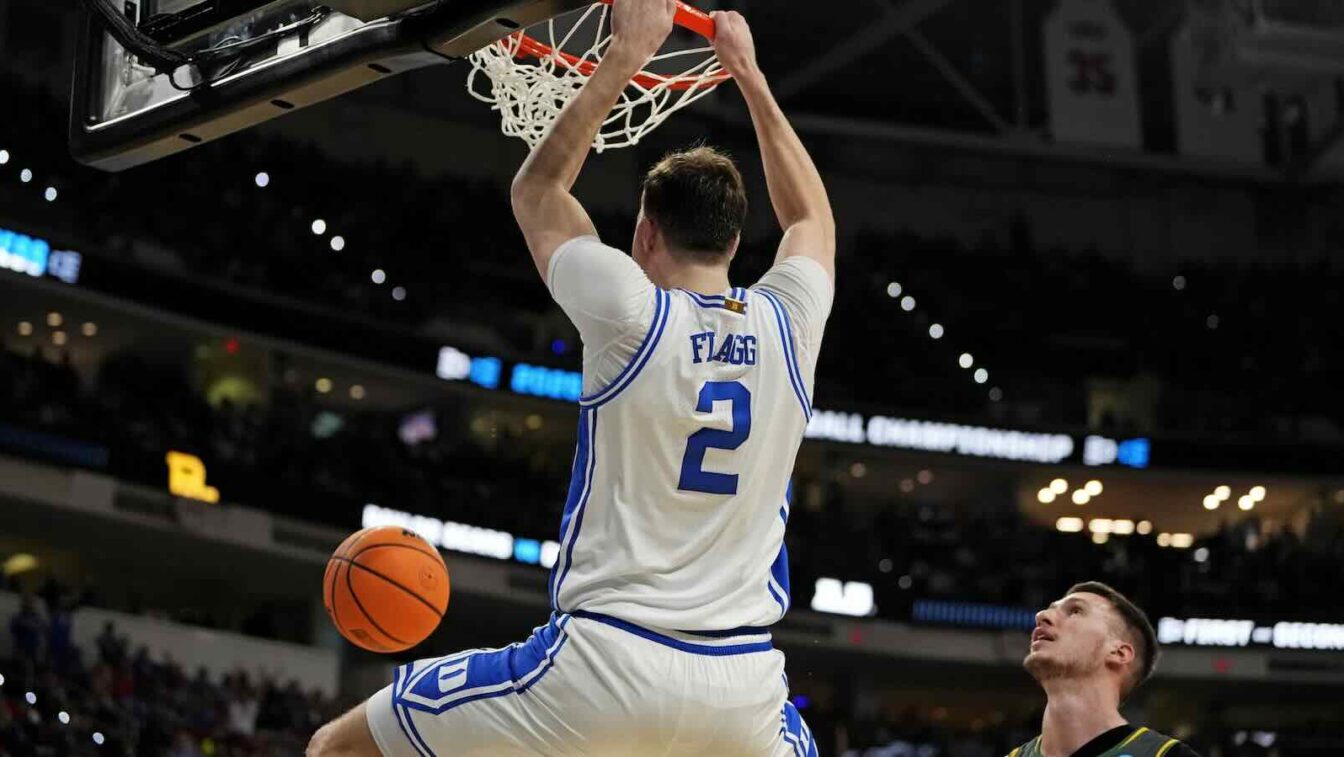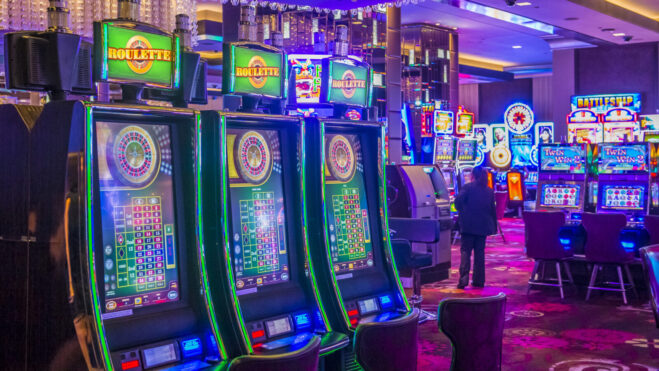Major Inflection Point Arrives In US Sports Betting As Kalshi Sues Regulators In New Jersey And Nevada Seeking To Continue Operations
‘I am sure they’ve done their research and are prepared to litigate this issue if necessary’
6 min

Update: Late Friday night, the inevitable happened. Kalshi is going back to court in response to cease and desist orders that came from New Jersey regulators this week and Nevada regulators earlier this month, alleging authorization of unlawful sports wagering in their jurisdictions.
The company is seeking a preliminary injunction and temporary restraining order, as a preliminary step to keep their markets operational and ultimately vindicate their position that the sports-related prediction markets on the CFTC-registered platform are permitted federally and do not contravene state law in these jurisdictions.
Kalshi CEO Tarek Mansour issued the following statement on Saturday morning:
“We have been targeted before, we have fought before, and we have won before. This time will be no different.
The threatened actions in Nevada and New Jersey seek to undermine not just Kalshi’s contracts, but the authority granted by Congress to the Commodity Futures Trading Commission, which has safely and effectively governed commodities markets for decades.
Prediction markets are a critical innovation of the 21st century, and like all innovations, they are initially misunderstood. We are proud to be the company that has pioneered this technology and stand ready to defend it once again in a court of law.”
Original article follows.
In rapid succession this month, while Kalshi users booked over $237 million (and counting) in “event contracts” in connection with March Madness basketball contests, regulators and elected officials in now three states have dispatched cease-and-desist orders or warnings to Kalshi and its partner Robinhood.
The messages are clear (paraphrasing): What you guys are facilitating across all 50 states is effectively sports betting, and while it may be legal or permissible federally, that is unclear, but in any event it does not comport with our local laws or values, we object, and we are ready to go to the mat.
As many industry observers have assessed for at least six months now since Kalshi prevailed in district court in its bid to offer election-related prediction markets, the potential for a full-fledged expansion into sports markets across the country, including in states that have not authorized legal sports betting such as California and Texas, signals a major potential shift in the way sports betting is accessed, experienced, and administered in the U.S. Things have now come to a head for Kalshi and other exchange platforms registered as Designated Contract Markets (DCM) with the Commodity and Futures Trading Association (CFTC).
“The current developments in New Jersey, Nevada, and Massachusetts represent the most consequential moment for sports betting legalization in the U.S. since the Supreme Court case in 2018,” said Ryan Rodenberg, a Florida State University professor and researcher who has followed the Kalshi v. CFTC litigation closely. “My sense is that a lawsuit could be filed in one or more of these jurisdictions soon with the plaintiffs seeking an injunction to prevent any enforcement action from moving forward.”
As of Friday at 12:46 p.m. EST, the federal court docket and the New Jersey state court system did not show any recent filings from Kalshi or Robinhood.
Episode VII: The Regulators Awaken
The most recent salvo came from New Jersey (first reported by Dustin Gouker on Thursday at The Closing Line), the state that fought for a decade to overturn the federal ban on sports betting outside Nevada (and a few other states in limited fashion), eventually causing the Supreme Court in 2018 to overturn the law originally enacted in 1992.
The New Jersey Division of Gaming Enforcement on Thursday sent identical (almost) cease-and-desist orders to Kalshi and Robinhood, citing the companies’ facilitation and/or acceptance of “unauthorized sports wagers in violation of state law and the state Constitution,” advising both to “please confirm in writing by Friday, March 28, 2025, by no later than 11:59 pm, that you have ceased all sports wagering activities targeting New Jersey residents and voided all such wagers placed in New Jersey.”
Robinhood appears to have complied with the ceasing part. Kalshi, as of this writing, has not.
“This development presents some interesting legal questions, including those regarding federal preemption,” said Evan Davis, a Pennsylvania-based attorney who leads the Gaming & Sports practice at Royer Cooper Cohen Braunfeld LLC and was previously deputy general counsel at Penn Entertainment, Inc. “One thing, though, is pretty clear: the NJ DGE is among the most respected gaming authorities not just in the United States but also the world, and I am sure they’ve done their research and are prepared to litigate this issue if necessary.”
Meanwhile, you may recall the first salvo came from the Nevada Gaming Control Board, which on March 4 issued a similar cease-and-desist, allowing 10 days, at the conclusion of which Kalshi requested and was granted an extension of time to respond that appears to be ongoing still. And then on Monday, Reuters reported that Massachusetts’ top securities regulator, Secretary of State Bill Galvin, had opened an investigation into trading platform Robinhood’s introduction of a prediction market platform. Barron’s also reported on Friday that Washington State is considering similar action, quoting an attorney at the state gambling commission as saying “We are looking into these types of ‘prediction markets’ as a whole and are unable to discuss the specifics of any active investigations further.”
As for the basis of the litigation that may begin as soon as Friday (perhaps initiated by Kalshi, seeking injunctive relief), New Jersey has shown a couple of its cards in the cease-and-desist letter, and one of them cuts to the core of state sovereignty:
Further, Kalshi is currently offering unauthorized sports wagering to New Jersey residents on collegiate sporting events occurring in New Jersey in violation of the New Jersey Constitution. See N.J. Const. Art. IV, §7, ¶2(D). That constitutional provision mandates that “wagering shall not be permitted on a college sport or athletic event that takes place in New Jersey or on a sport or athletic event in which any New Jersey college team participates regardless of where the event takes place.”
Indeed, March Madness is unfolding on New Jersey’s soil this weekend as Newark’s Prudential Center played host to the East Regional Sweet 16 contests between BYU and Alabama and Arizona and Duke, as well as the upcoming Elite 8 contest on Saturday between the winners, Alabama and Duke. And Kalshi allowed and continues to allow the trading of event contracts based on the outcomes of those games.
As we explored in a previous story discussing the issues that might be at play:
In a 2020 article in Journal of Legal Aspects of Sport, “‘Standing’ Up for State Rights in Sports Betting,” Professor Rodenberg examines the federalism issues and focuses on the matter of a state’s standing — or a valid legal right to sue — against the federal government in a situation such as the one currently at issue. Rodenberg determined that the states ought to have standing “if the federal government enacts a one-size-fits-all sports betting regulatory approach that is imposed on the states and departs from generally accepted norms of cooperative federalism.” He goes on to cite the work of Tara Leigh Grove: “[W]hen the federal government attempts to ‘nullify’ state law and impose a national rule, the State should have standing to protect the continued enforceability of its law — and thereby preserve the preferences and tastes of its own citizens.”
Such preferences include restrictions on betting on props on collegiate athletics, or wagering on in-state teams. The point is that currently the rules and regulations vary state-by-state. Rodenberg further explains how each state that may object to a federal framework may have a slightly different legal argument unique to its own circumstances:
With standing, states could potentially further a number of claims, including, but not necessarily limited to, those arising under the Intellectual Property Clause, Tenth Amendment, Takings Clause, First Amendment, and Due Process Clause. Indeed, the claims of a well-established sports gambling state like Nevada could differ from the claims of a state that had only recently adopted a legal sports betting framework. Likewise, if any federal bill imposed legalized sports betting on all states, with no opportunity to opt out, a state like Utah — with its anti-gambling stance written into its state constitution — would likely bring suit against the U.S. on additional grounds.
So, here goes. And of course there are a number of other laws, regulations, and sub-issues likely to arise, including the matter of the 1961 Wire Act, which bars the transmission of bets across state lines for the purpose of placing a bet or wager.
“Clearly, the use of interstate facilities (including the internet) to offer bets or wagers on sporting events is prohibited,” wrote a group of attorneys at the Brownstein law firm. “It is also clear that the internet is used by events contracts trading platforms. The relevant question, then, is whether the purchase of a contract involving the outcome of a sporting event is a bet or wager.”
In the background for any and all of this probable litigation is an upcoming roundtable discussion at the CFTC, expected in late April, where the legality and mechanics of sports prediction markets will be discussed by a variety of stakeholders holding divergent positions and concerns about the future of legal sports betting in the U.S.
While it appears the CFTC will approach the conversation with an open mind, tea leaves and published works indicate a preference for a “vibrant and resilient derivatives market generally” that may classify, federally, what some think of as sports bets as tradable contracts.





